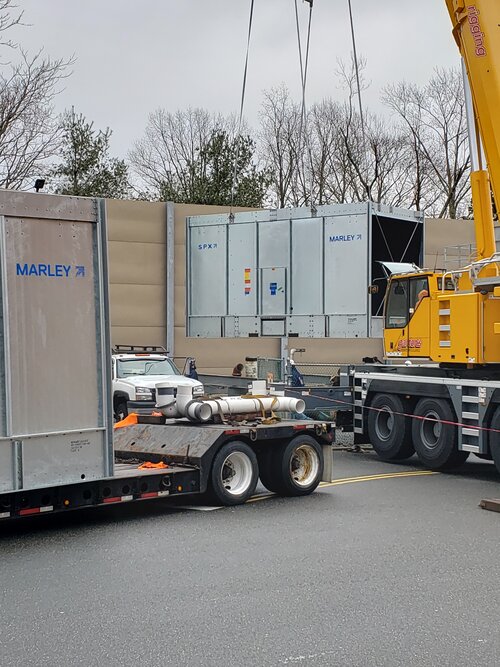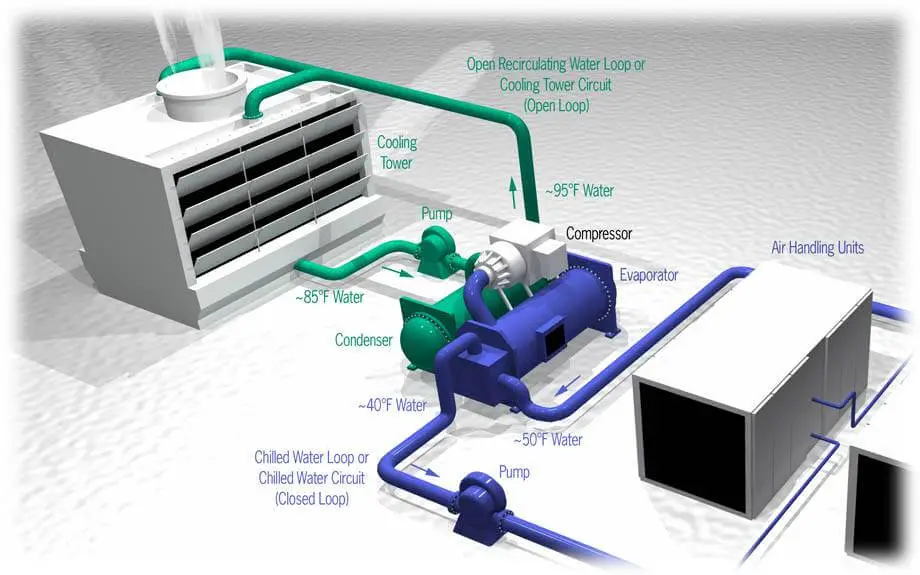Types of HVAC Systems in New Jersey
The heating, ventilation, and air conditioning (HVAC) system is one of the most important systems in any home. It regulates the temperature and humidity levels in a room, ensuring that everyone in the home is comfortable.
There are a number of different types of HVAC systems, each with its own benefits. You can also check this out, to know more about HVAC system design in New Jersey.

Here are the three main types of HVAC systems: central air conditioning, portable air conditioning, and heat pumps.
Central air conditioning is the most common type of HVAC system. It uses a refrigeration unit to drop the temperature inside a room, often by as much as 20 degrees Fahrenheit. This system is usually installed in large, commercial buildings. Portable air conditioners use electricity to cool rooms instead of refrigeration.
They're smaller and more portable than central air conditioners, making them easier to move around a home. Heat pumps use energy from the sun or wind to turn thermal energy into mechanical energy, which can then be used to heat or cool a room. They're less common than central air conditioners and portable air conditioners, but they have some advantages over both.
When Should You Install an HVAC System?
When it comes to choosing an HVAC system, there are a few things to consider.
The first thing you need to decide is whether you will use the air conditioning or heating system most often. If you live in an area that experiences extremes of heat or cold, it is best to install a heating system.
If you will mostly use the air conditioning, you will need a larger system than if you will mainly use the heating. The size of the HVAC system will depend on the size of your home and the type of insulation your home has. The size of the unit also depends on the number of bedrooms and bathrooms in your home.
